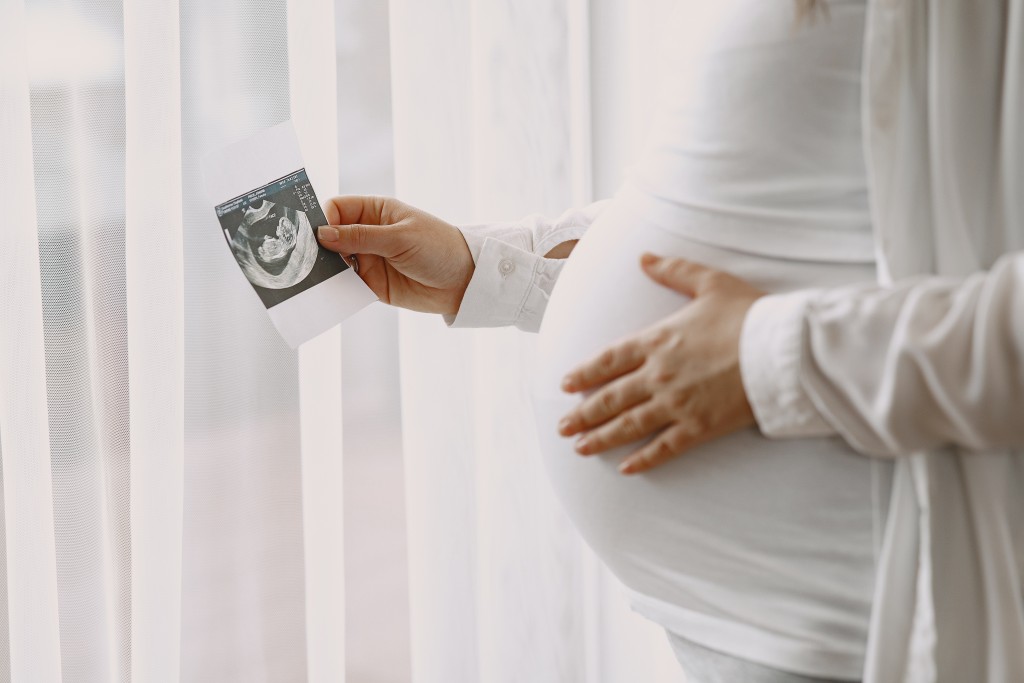09/11/2023
Lack of vitamin B12 in pregnant women may adversely affect the cognitive development of their babies
This is the conclusion of one of the studies of the ECLIPSES project, led by the URV with the participation of the IISPV, which analyses various parameters related to the health of both pregnant women and their babies

This is the conclusion of one of the studies of the ECLIPSES project, led by the URV with the participation of the IISPV, which analyses various parameters related to the health of both pregnant women and their babies
The ECLIPSES project of the Nutrisam (Nutrition and Mental Health) research group from the departments of Basic Medical Sciences and Psychology of the Universitat Rovira i Virgili has been underway for some time now, analysing various parameters related to the health of pregnant women and the proper physical and neuronal development of babies. The project has generated several studies, and one of the most recent concludes that a lack of vitamin B12 in pregnant women can negatively affect the cognitive development of their children. According to the research, around 30 % of pregnant women are deficient in this vitamin.
The ECLIPSES project is led by the Universitat Rovira i Virgili in partnership with the Pere Virgili Health Research Institute (IISPV) and with the collaboration of the Reus and Tarragona Research Unit of the Catalan Institute of Health through the Sexual and Reproductive Health Care Services (ASSIR). Since it began in 2013, some 800 women in the Tarragona area have been monitored and analysed for various nutritional, psychological and environmental parameters to help improve pregnancy and the correct development of the foetus. Research is also being carried out into how these parameters affect the baby shortly after birth and after four years.
“In the case of the study on vitamin B12, which is found in animal foods and is synthesised in the digestive tract, it is after four years that it is possible to detect whether its deficit in pregnant women affects the neurodevelopment of the child. And, through psychological tests on memory, comprehension, reaction time, etc., it has been proven that the group of children with mothers deficient in vitamin B12 is the one that has most alterations in the cognitive area,” explains Professor Victoria Arija, joint head of the Nutrisam group, with the researcher Josefa Canals. “We are talking about healthy women in developed countries, with access to all types of food and with good health control, but even so, they have some deficiencies in their diet,” she says.

According to Arija, this study is valuable because until now little attention has been paid to vitamin B12 and its relationship with the cognitive development of babies, given that its deficiency does not cause significant problems for adults in general, but does, as this study shows, for pregnant women: “From this point onwards, it will be a matter of determining whether pregnant women need to improve their diet or whether they need some kind of supplement for this deficiency. The dosage of the supplement would have to be adapted in each case.”
Other studies of the ECLIPSES Project
One of the objectives of the ECLIPSES project is to individualise the treatment given and the doses of supplements recommended when deficiencies are detected in the nutritional state of pregnant women. The project initially focused on iron, since during pregnancy women have a deficit because the demand of the foetus is very high and intake is often not enough, as Victoria Arija explains: “Women are usually given preventive iron supplementation, but we detected that we could not give the same amount of iron to all women, since some absorb more and others less. That’s why we started the clinical trial, to determine the ideal dose of iron for each case. Giving doses adapted to the needs of each woman has improved the performance of the preventive treatment.”
The ECLIPSES project, with a sample of pregnant women that is considered to be very broad and representative, has produced around twenty publications on various parameters, and the intention is to continue with the research. For example, another recent research project arising from ECLIPSES, in collaboration with the URV’s Tecnatox research group, led by the researcher Mònica Bulló, has determined that in the food consumed by the pregnant women studied, two types of components, arsenic and DLPCV (present in plastics), exceed the thresholds established by the European Food Safety Authority, so they can pose health risks to these women. Another study, led by a researcher from the same research group, Andrés Díaz, analysed glucose, triglycerides and insulin resistance, and found that the greater cardiometabolic risk during pregnancy was associated with the risk of developing diabetes, suffering an abortion, the risk of the child becoming obese or having diabetes, etc. In this case, not smoking, drinking little alcohol, not being overweight and the level of education are some of the factors that keep this risk under control.
